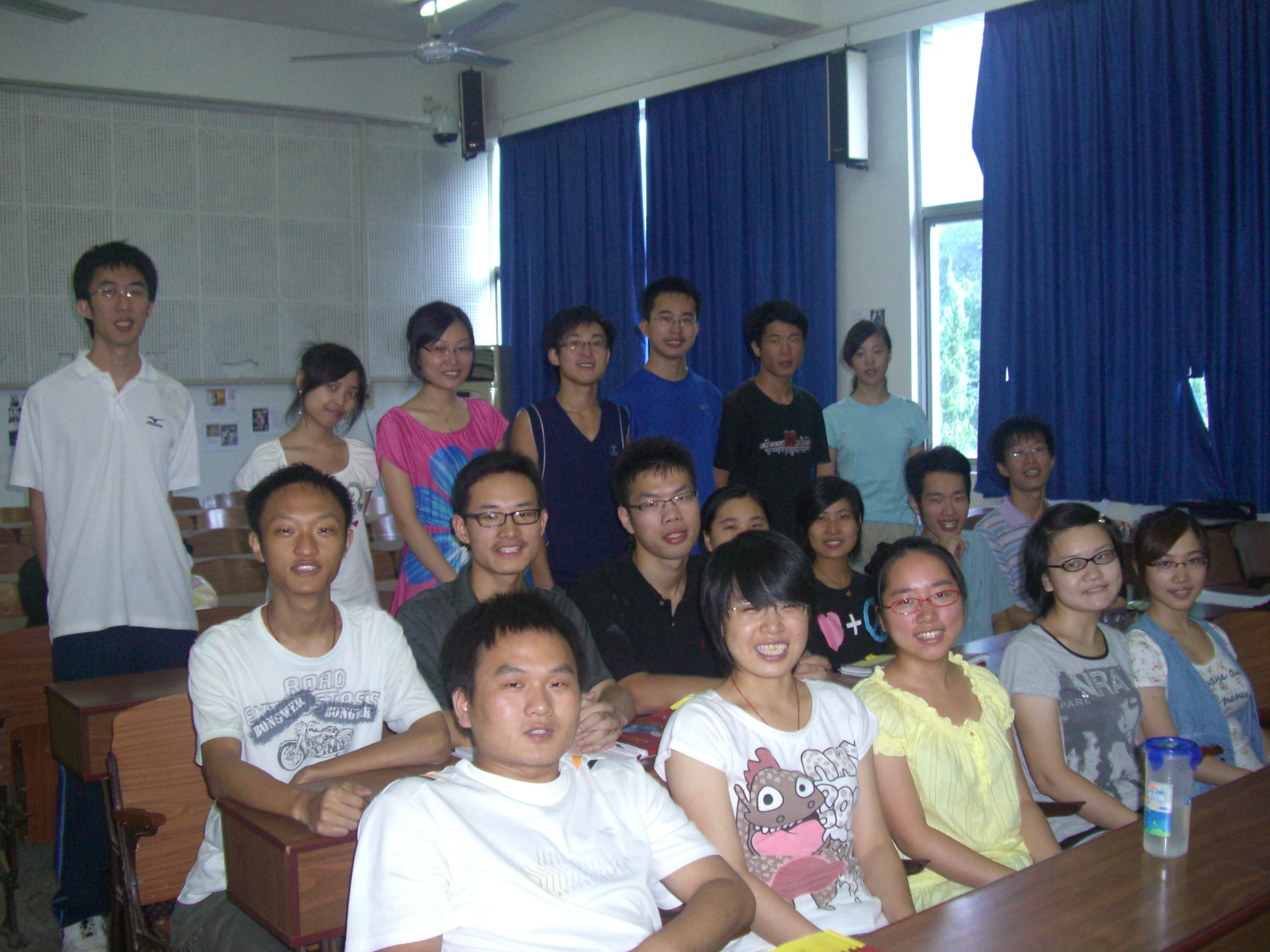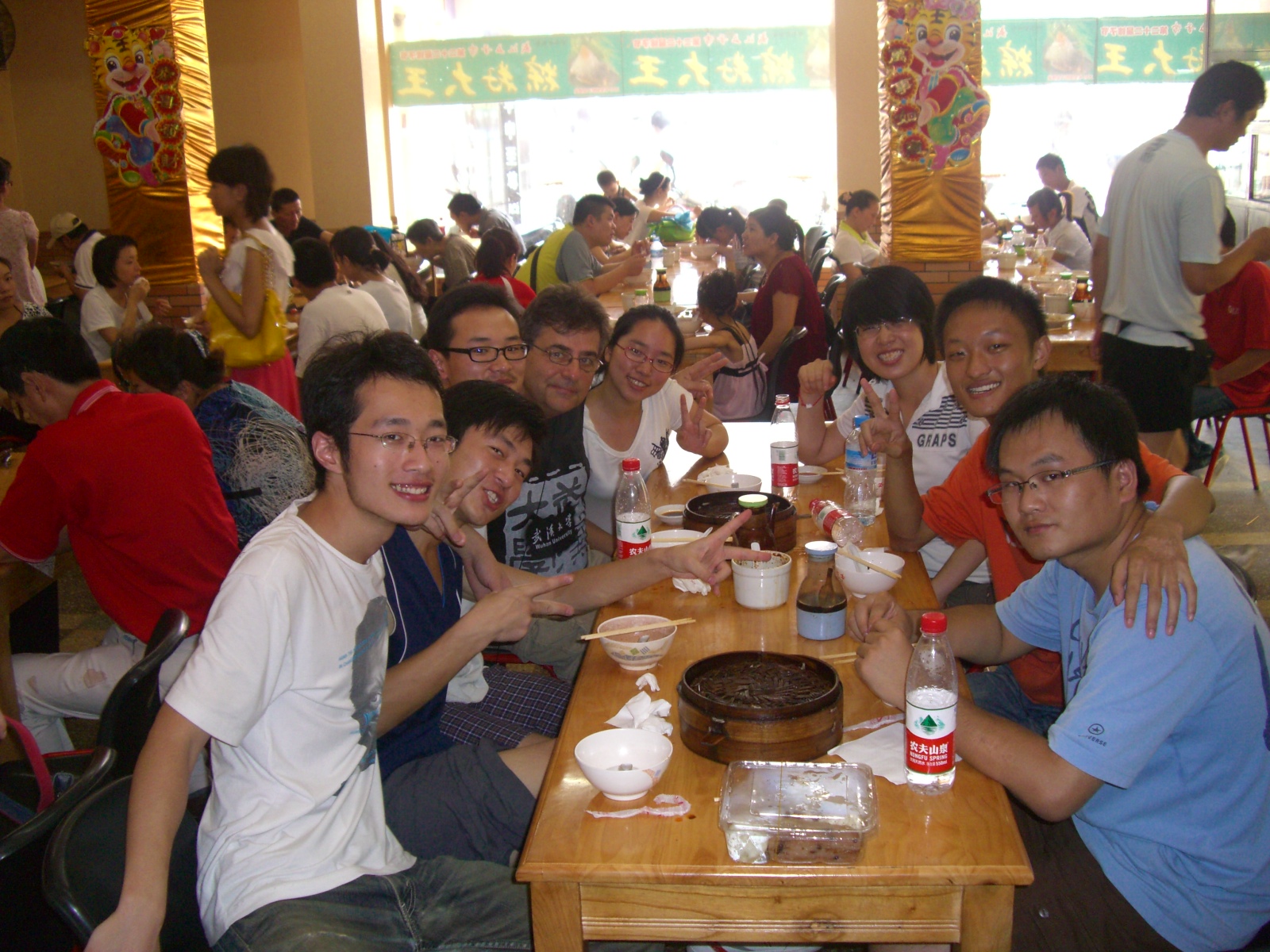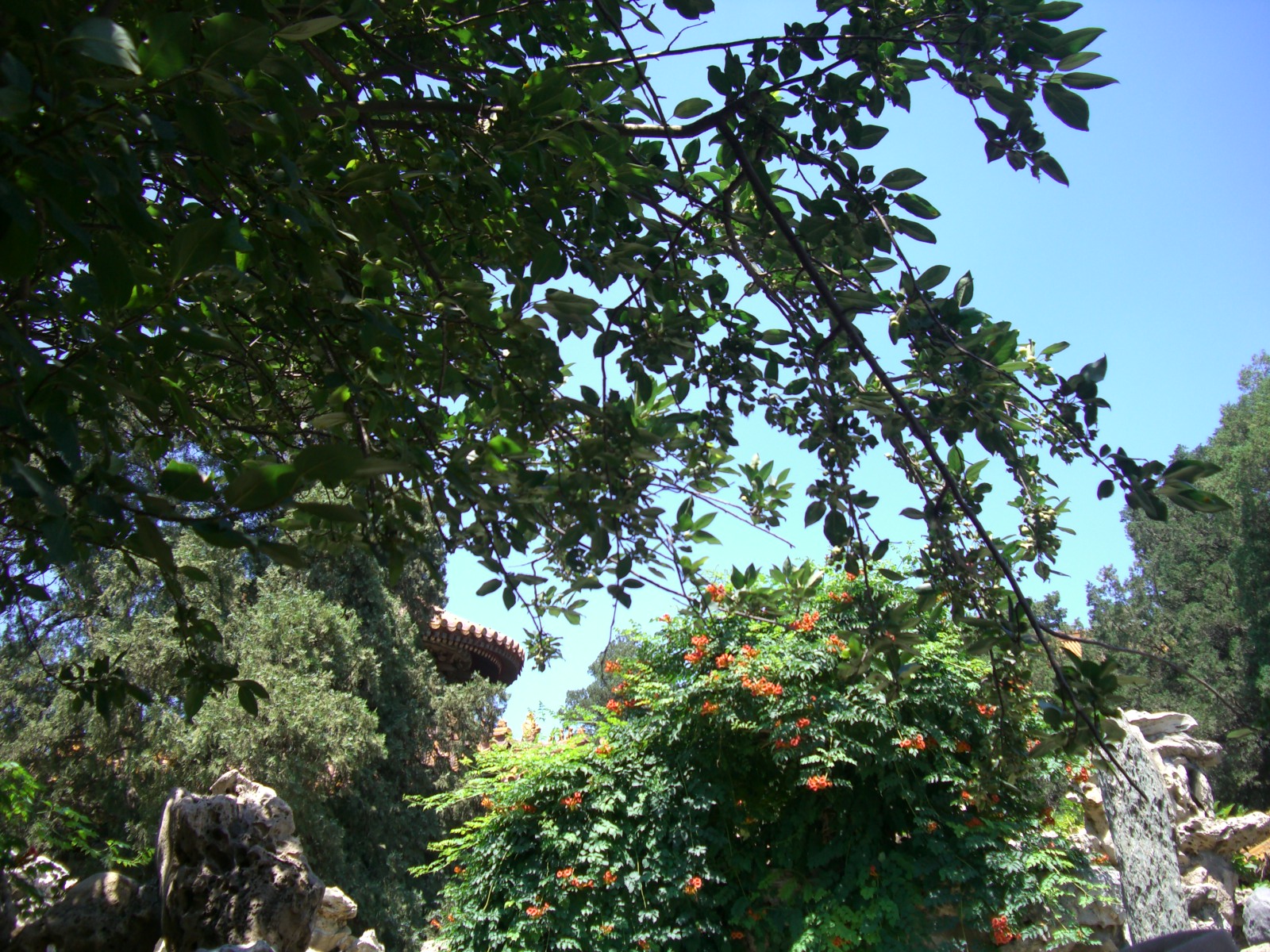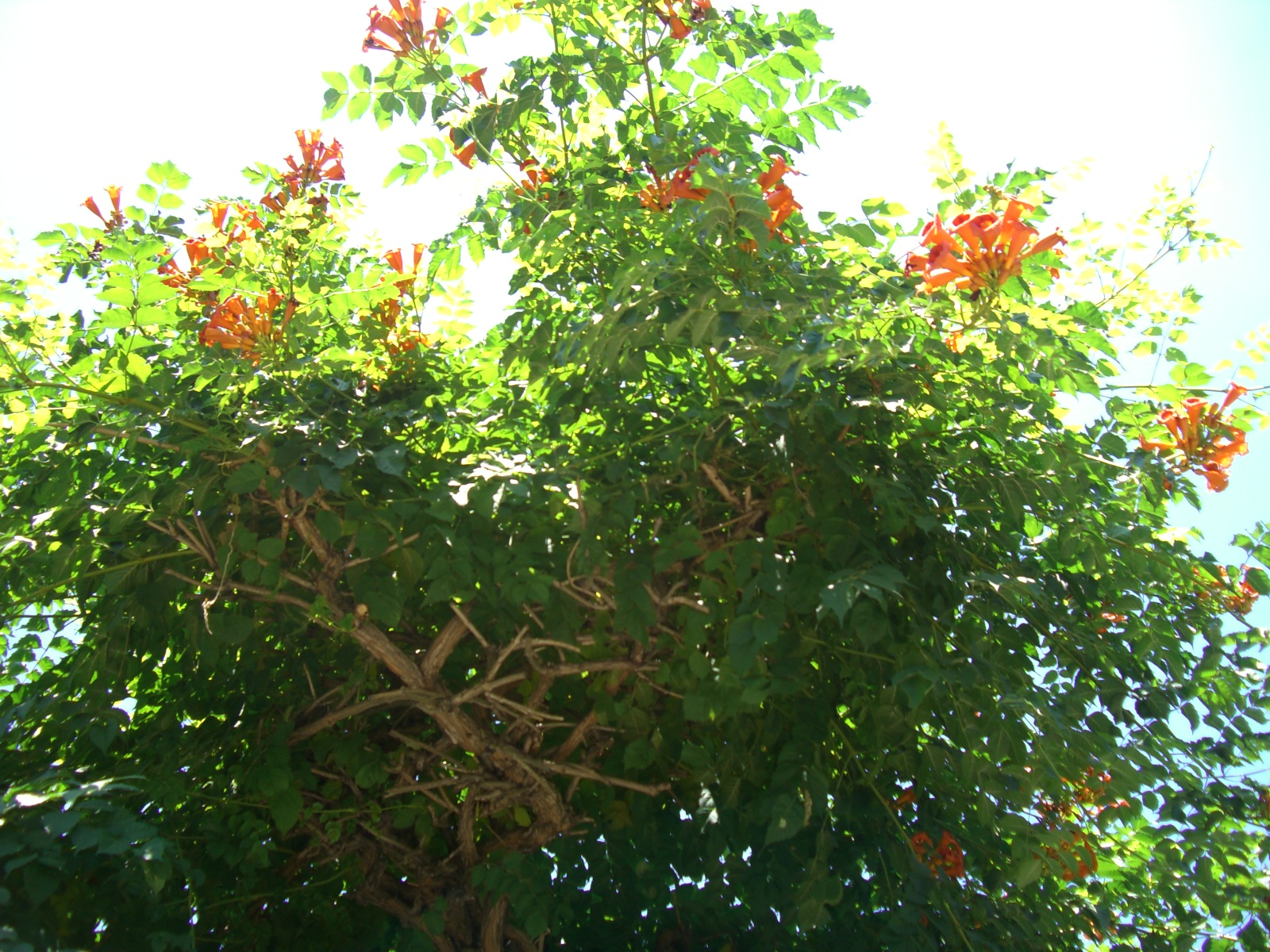…
Homerooms are like your children. You always love the ones you get. This year at Wuhan University was no different. My students have a wide range of majors: mathematics, electrical, hydrogen, and power engineering, biology, chemistry, surveying and mapping, sociology, statistics, electric and optical information, economics, and medicine.
Over the weekend some of us crossed the Yangtze on the ferry seeing how the rains had raised the river covering the parks along Hankou so that you could only see the tree tops and then we had some delicious sticky rice balls and steamed won tons in a restaurant that Kelvin, who is from Hankou, knew about. My students are smart and funny and have their whole lives ahead of them. I had a wonderful time enjoying the morning with them.
In class, during one of the lessons, I sang God Bless America, after talking about Irving Berlin who came to America as a little boy from Russia, a persecuted Jew. He loved the Ragtime he heard and felt a bond with the African-Americans who played it because they had gone through hard times just like he had done. God Bless America is a simple song written by a man whose first language wasn’t English: from the mountains to the prairies to the oceans white with foam. Every American, every soldier singing that song during World War II felt included and knew just what they were fighting for: their country, for freedom, everything they loved.
I have an uncle I never met. During World War II his plane was shot down over the Pacific, and he and his crew spent 24 hours swimming only to get to an island occupied by the Japanese who tortured and beheaded him. I had a childhood friend who died in Vietnam. “Are governments and presidents worth dying for? What is worth dying for? Your hometown? Your Mom and Dad? Your friends? Do you love tofu?” I ask my class. They answer, “Yes.” “Then tofu is worth dying for,” I tell them. “Governments come and go, but tofu is worth dying for.”
My homeroom sang their national anthem, March of the Volunteers, a song written in 1935 during the Chinese Revolution and adopted as the national anthem in 1949, the year I and the People’s Republic of China were born. In Beijing I saw a Trumpet Tree planted to commemorate the occasion and thought, “By Golly old tree, we are the same age, you and me!”
My homeroom and I worked on a translation of the anthem with the help of some online sources in the hopes that people who speak English might have a better understanding of the song. It reminds me a little bit of the French national anthem, but not mine. Mine doesn’t come out of the revolution but was written 38 years later during the War of 1812. The Star-Spangled Banner has many stanzas nobody remembers and it’s difficult to sing. We let professional singers do it, but we often do stand up out of respect and take off our hats. Everyone in my homeroom knows all the words to theirs.
Arise!
You who are not willing to be slaves
With our flesh and blood let us build a new Great Wall
The Chinese people face a critical time
Each one of us must roar in defiance
Arise! Arise! Arise!
Millions of hearts with one mind!
Brave the enemies’ gunfire! March on!
Brave the enemies’ gunfire!
March on! March on! March on!
起来!不愿做奴隶的人们!
把我们的血肉筑成我们新的长城!
中华民族到了最危险的时候,
每个人被迫着发出最后的吼声。
起来!起来!起来!
我们万众一心,
冒着敌人的炮火,前进!
冒着敌人的炮火,前进!
前进!前进、进
 My homeroom
My homeroom
 Teacher gets no respect, Kelvin & Me
Teacher gets no respect, Kelvin & Me
 Sticky rice balls & steamed won tons
Sticky rice balls & steamed won tons
 Trumpet tree as old as me
Trumpet tree as old as me
 Me, this tree, The People’s Republic of China: 1949
Me, this tree, The People’s Republic of China: 1949
…